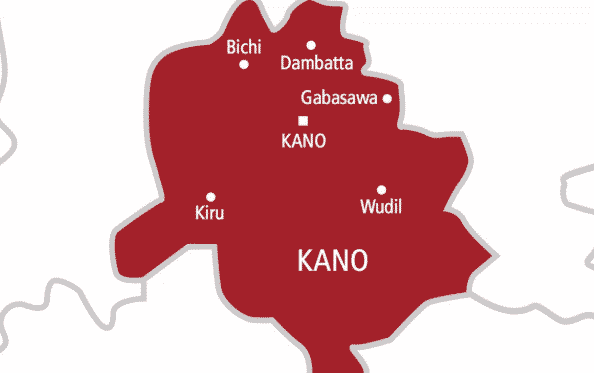A memorial lecture has been held in Kano to honour the 10th Fulani Emir of Kano, Abdullahi Bayero, who reigned from 1926 to 1953.
Bayero was the emir and the head of Kano Native Authority under the colonial government that laid the foundation of modern Kano.
According to the guest lecturer, Prof Ibrahim Mansur of the Yusuf Maitama Sule University, Kano under the guidance and purposeful leadership of the late emir blossomed to an enviable economic status attracting Europeans, Arabs, Lebanese to the ancient city for commercial activities.
He said farming and animal rearing got the desired attention with many residents profiting immensely from trading farm produce.
- FG inaugurates committees for implementation of biosecurity policy
- Marwa asks NDLEA officers to shun temptations from drug traffickers
He said, “His legacies include establishment of Challawa Water Treatment Plant, Kano Printing Press, School for Arabic Studies SAS, Judicial School Shahuci, Gwammaja Textiles, provision of electricity to the ancient city, expansion of Kano hospital (later named Murtala Muhammed Hospital) in addition to over 1000 miles of roads that linked Kano to other provinces from the monies of the native authority, not monies from provincial government of the time.”
He said 30,000 pound was spent in the construction of Wudil Bridge, the longest at the time, by the Native Authority which repaired over 300 miles of roads every year because of prudent management of resources.
Late Abdullahi Bayero was credited with tolerating radical politicians in Kano who were challenging the status quo to earn the respect of NEPU leaders like Late Aminu Kano and Mudi Sipikin.
Vice Chancellor of Bayero University Professor Sagir Abbas, represented by DVC management service Professor Mahmud, said the university was named Abdullahi Bayero College and later Bayero University Kano to remember his enduring contribution for the advancement of education not only in Kano but the entire northern region.
The VC said Kano people are still benefitting from the legacy projects 70 years after his death.
He was 8th emir after colonial conquest and spent 27 years on the throne before his death in December 1953.

 Join Daily Trust WhatsApp Community For Quick Access To News and Happenings Around You.
Join Daily Trust WhatsApp Community For Quick Access To News and Happenings Around You.


